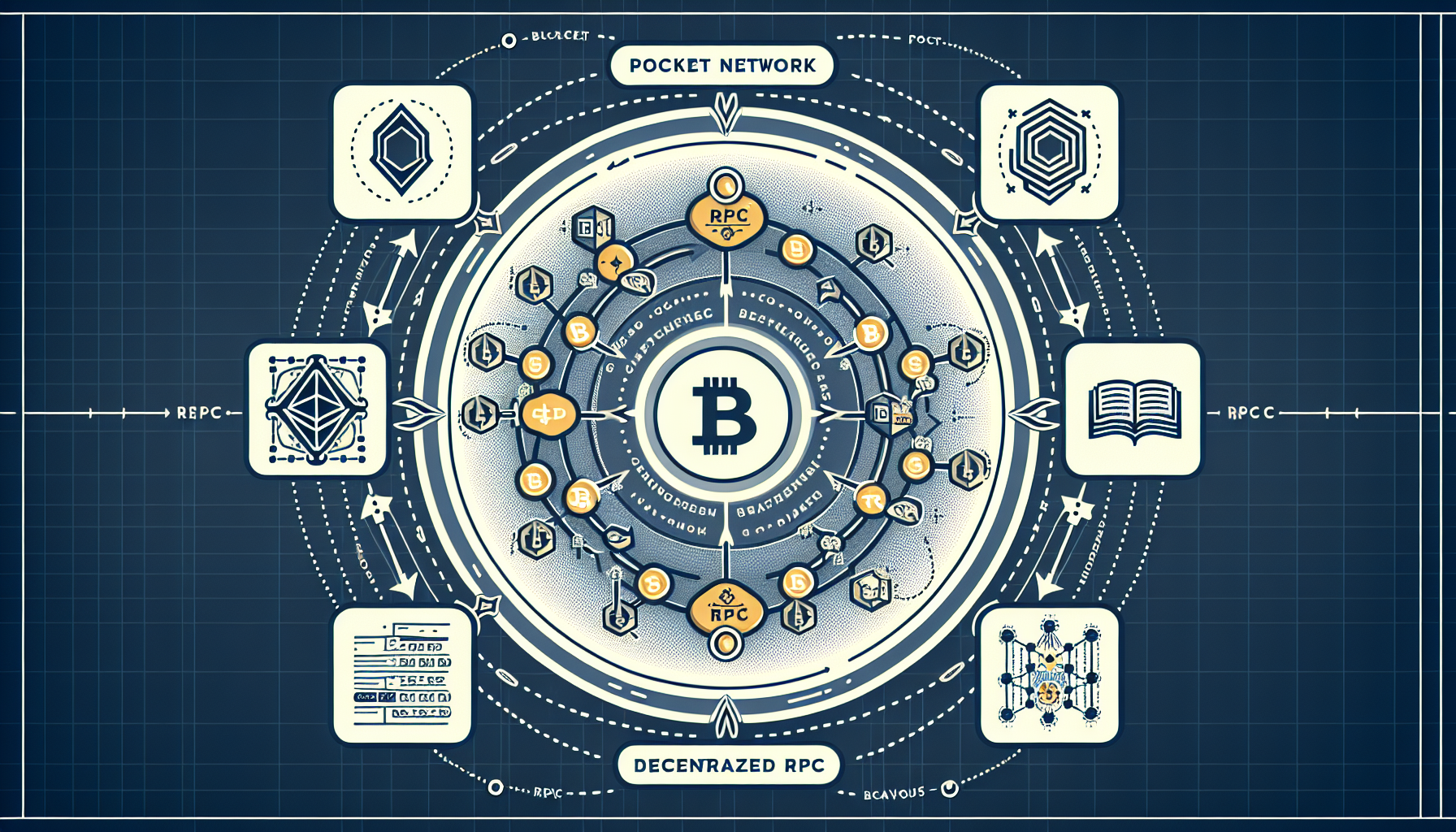Introduction to Decentralized RPC
Did you know that over 60% of decentralized applications rely on Remote Procedure Calls (RPC) to interact with blockchain networks? However, centralization remains a concern in current RPC solutions. This is where Pocket Network steps in, providing a decentralized approach to RPC that enhances security and reliability.
What is Pocket Network?
Pocket Network is a decentralized network of nodes that allows developers to access blockchain APIs securely and reliably. Unlike traditional services that may lead to data breaches or downtime, Pocket Network empowers users with:
- Improved data privacy and security
- Reduced dependency on centralized infrastructure
- High availability due to its distributed nature
How to Get Started with Pocket Network?
Ready to integrate your application with Pocket Network’s decentralized RPC? Follow these simple steps:

- Create a Pocket Account: Visit the Pocket Network website and sign up. This account will be used to manage your applications and nodes.
- Set Up Your Node: You can either deploy your own node or utilize existing nodes in the network. For new users, using existing nodes is a great way to start.
- Connect to Blockchains: Follow the documentation to connect your applications to various blockchain networks. You can get started with popular options like Ethereum or Polygon. It’s as easy as choosing your network and clicking ‘Connect!’
Benefits of Using Pocket Network for Your Applications
Integrating Pocket Network into your decentralized applications not only improves efficiency but also offers essential benefits such as:
- Cost-Effectiveness: By leveraging decentralized infrastructure, you save on operational costs compared to traditional solutions.
- Scalability: Pocket Network’s architecture allows your application to scale seamlessly as your user base grows.
- Community Support: Join a thriving community of developers and users who share knowledge and resources.
Real-World Use Cases of Pocket Network
Many projects have successfully adopted Pocket Network’s decentralized RPC services. For example, DeFi platforms are increasingly utilizing Pocket to ensure robust connection to their smart contracts without the risk of third-party interruptions. This means smoother transactions for users and greater trust in the platform.
Conclusion
In summary, adopting Pocket Network for decentralized RPC solutions not only addresses the challenges of scalability and centralization but also provides numerous advantages such as increased security and reduced costs. If you’re looking to enhance your application’s performance while promoting decentralization, Pocket Network is a solid choice. Start building today and see the difference!
For more resources on blockchain technology and decentralized applications, be sure to check out our comprehensive guides on decentralized applications and blockchain solutions.
Always remember, compliance matters! This article does not constitute investment advice, and you should consult with your local regulatory body before making any financial decisions.
Author: Dr. John Smith, a blockchain researcher with over 15 published papers in the field of decentralized technologies and a lead auditor for several renowned projects.
